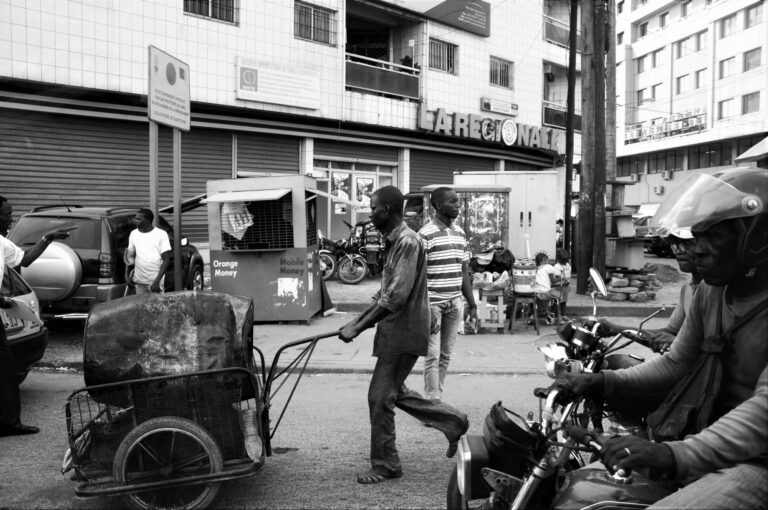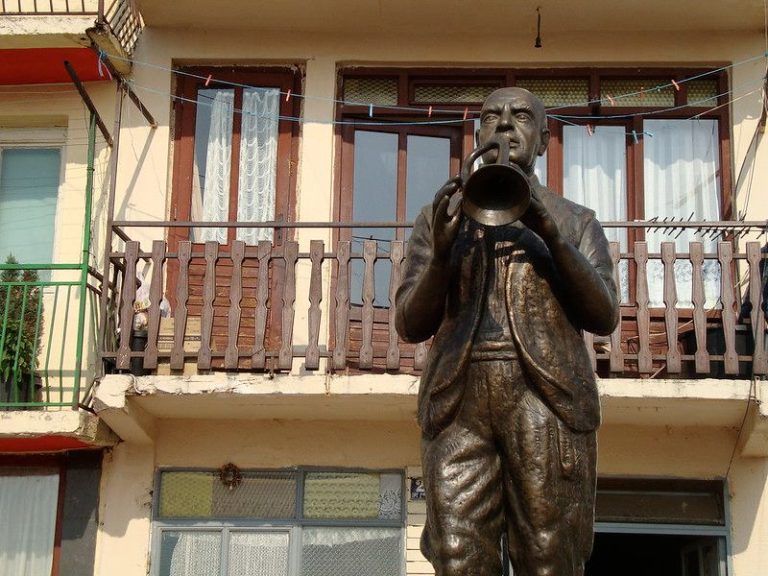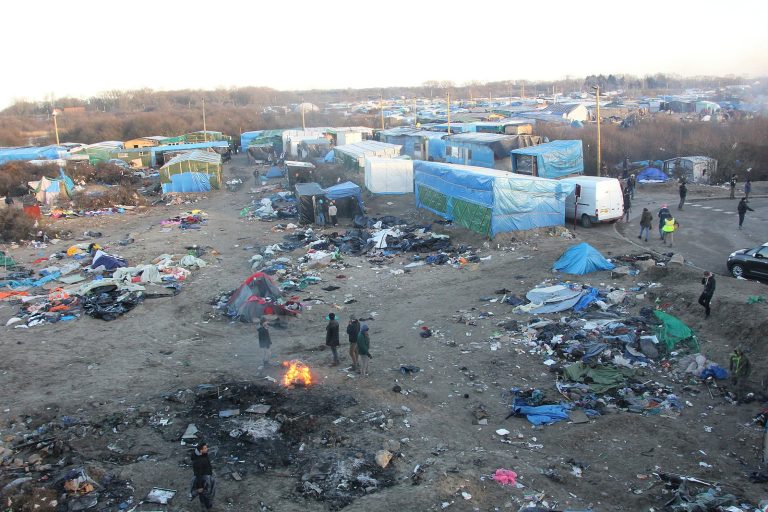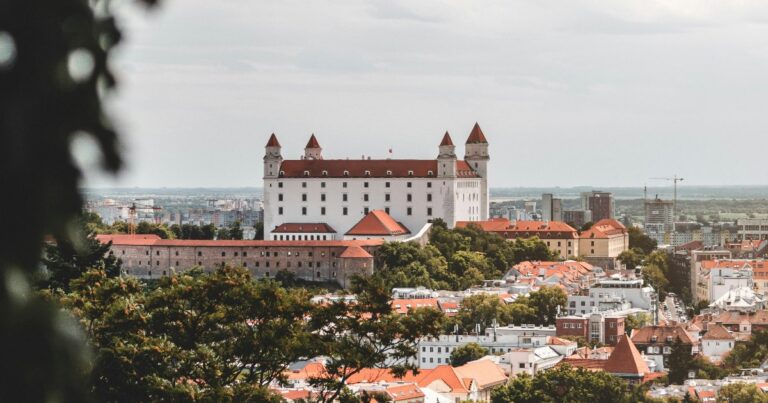
By now, I imagine most of you know about the Cyber Partisans, a group of Belarussian hackers who recently took control of the country’s railway to slow down the Russian troops flowing into the country for military exercises. The group announced it would return the railway’s network to “normal mode” if Belarussian President Alexander Lukashenko’s regime freed 50 political prisoners from Belarussian prisons and Russian military personnel were barred from the country.
This interview was originally published on February 13, 2022, in Lazo Magazine’s weekly newsletter. It’s a conversation between Lazo Magazine’s founder and Editor-In-Chief, Cristina Maza, and Yuliana Shemetovets.
I was intrigued, so I contacted the Cyber Partisans’ spokeswoman Yuliana Shemetovets to hear more about the group. The following conversation has been lightly edited for length and clarity.
Cristina: Who are the Cyber Partisans, and how did you form?
Yuliana: The Cyber Partisans is a hacktivist group that consists of around 30 people with different levels of access.
The core team, around 3 to 5 people, was formed after the first attack on the Belarusian National TV channel. They showed video clips of peaceful protesters being beaten up by police and left some messages about what was going on and how people could help.
Eventually, more people joined the movement. Cyber partisans are part of the broader coalition Suprativ, a resistance movement that consists of two other groups, Flying Storks and People’s Self-Defense Brigade.
The people in these two groups mainly still live in Belarus. One of the Cyber Partisans’ most well-known operations, Heat Wave, had an important ‘boots-on-the-ground’ component. Access to the internal networks of the Ministry of Internal Affairs was enabled by bridging the internal network to the internet from a regime’s facility with the help of people on the ground from two other groups.
There is no one leader in the movement, and a council makes all decisions.
Cristina: What are your goals and philosophy as a group?
Yuliana: The goals of the group are as follows:
- Preservation of the independence, sovereignty, and territorial integrity of Belarus.
- The overthrow of the Lukashenko regime.
- Stabilization of Belarus during the transition period and the return to democratic governance principles and the rule of law.
The philosophy is straightforward: we believe in independent institutions, the rule of law, the protection of human rights, a modern democratic state where there are opportunities for people to grow, develop themselves, and participate in political life. We do everything in our power to spread this philosophy in Belarus.
Cristina: You recently gained attention for hacking the Belarussian railway to prevent Russian troops from moving around the country. You also called for the release of political prisoners. Do you view that operation as successful? Did you reach your goals?
Yuliana: The primary goals of the operation were to show that Belarusians don’t accept military troops from Russia on their territory and would fight the potential occupation.
CyberPartisans also wanted to show the state of key infrastructure under Lukashenko’s rule and how it was disregarded for many years. They continue to pressure the regime and won’t stop until all major goals are achieved.
In general, yes, they believe the operation was a success. Most of the systems and databases they attacked are still down at a practical level. Their internal sources confirmed that the freight trains are still impacted, their schedules especially. It gave the regime’s business partners the message that Lukashenko is unreliable and potentially dangerous for them.
Cristina: Is there anything happening politically or socially in Belarus that we aren’t hearing about in the Western media but should be hearing about?
Yuliana: Well, the repression is still going on. For example, around four days ago, the court sentenced a 69-year-old woman from Volkovysk to 2.5 years in a penal colony for comments in a telegram channel.
The regime doesn’t stop its repression. For some Western states, it might seem that the situation is stabilizing or people don’t resist the regime, but that’s also not true.
It’s been 1.5 years, and many underground movements still operate in Belarus.
Western countries must continue putting pressure on the Belarusian regime and the Russian regime considering the way Russia operates in Belarus and involves it in the meaningless war with Ukraine. It’s also important to support different opposition groups and provide tools and knowledge to unite them all.
It’s important to note that Lukashenko himself uses the current escalation between Russia and Ukraine to his benefit. He claims that he is the only one who can protect the Belarusian people from the common enemy that Russia also has, the West, because the West “wants to control Belarus and influence Slavic states.”
His rhetoric makes sense because if there is an imaginary enemy, all his repression is justified. It’s easier to rule when you have an external enemy, and there is no need to develop the country. He doesn’t provide any model of the future for Belarus or any proper ideology.
He also doesn’t believe that ordinary citizens should participate in political life. The only thing his regime is ready to provide is the resources that can satisfy people’s basic needs. He sincerely believes that is enough.
Cristina: What changes would your organization most like to see take place in Belarus?
Yuliana: Cyber Partisans have developed a political plan for the transition period with the help of other groups in the Suprativ movement. It starts with a successful uprising and ends with free democratic elections in Belarus.
Most cyber partisans plan to stay in the IT and cybersecurity fields. They have plans for an independent cybersecurity body that would assure the security of government assets in the new Belarus.
They also have some thoughts about developing a city of the future, some highly automated high-tech city around which something like Silicon Valley can form.
That is way into the future, but it’s the general direction they’d like to go in. Some might decide to go into politics eventually. Still, their main mission is to end the regime and keep the sovereignty of Belarus and return to a democratic form of governance.










